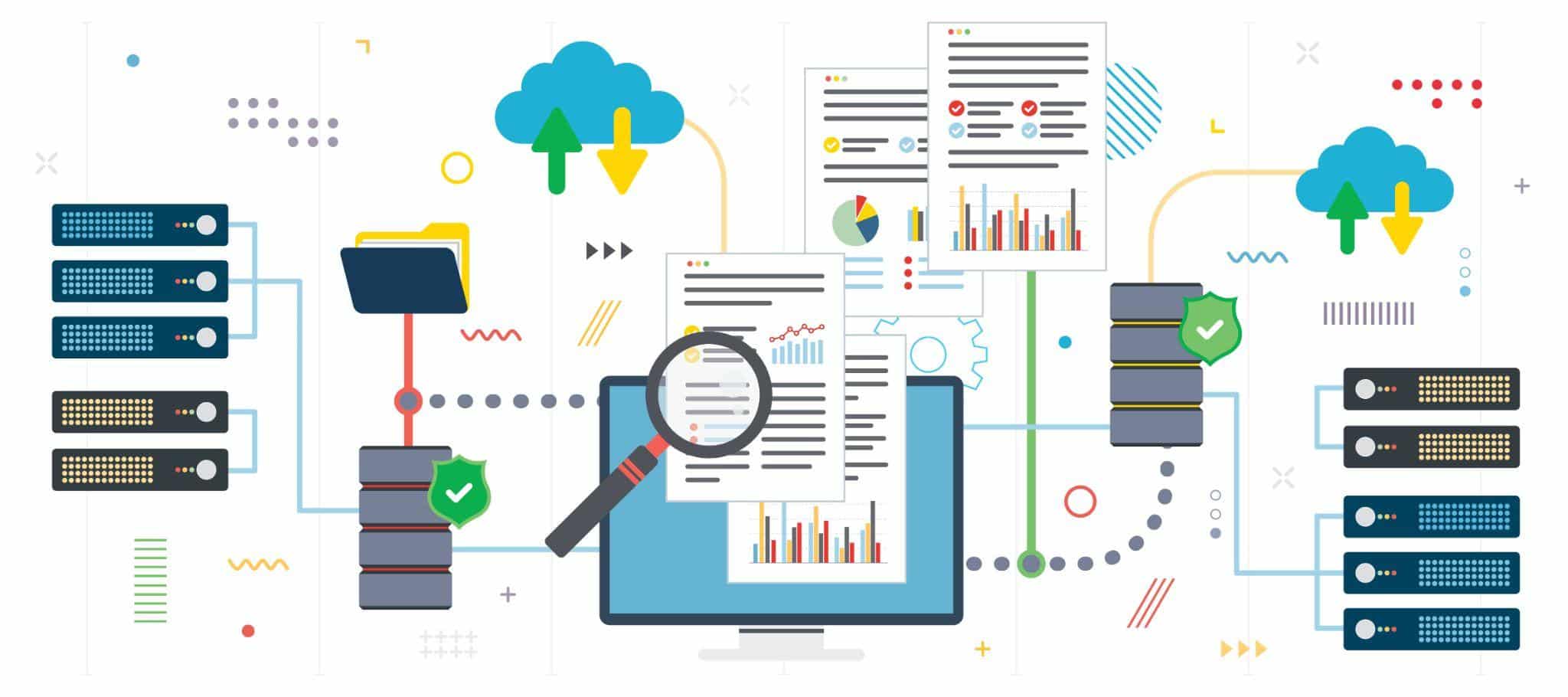Web scraping is the process of extracting data from websites for various purposes. It has become a popular tool for businesses seeking information for market research, competitive analysis, and other applications.
However, web scraping can be complex and time-consuming, and many factors must be considered to ensure it is done efficiently and effectively. In this article, we’ll explore some general tips for web scraping that can help businesses maximize their results.
What is Web Scraping?
Web scraping is extracting data from websites using automated tools or scripts. This can involve extracting text, images, videos, and other types of content from websites and gathering data from forms and other interactive elements. The data can then be used for various purposes, such as market research, competitive analysis, and other applications.
You can create an in-house web scraper or use third-party tools as a business. Your solution should depend on your company’s needs and available resources.
How Businesses Maximize Web Scraping
Businesses can use web scraping to gather data on competitors, customers, and market trends, among other things. They can make informed decisions and gain a competitive edge by analyzing this data. However, to maximize the benefits of web scraping, businesses must ensure that they do it efficiently and effectively. This involves using the right tools and techniques and following some best practices.
Here is a summary of use cases businesses have for web scraping
Competitor Analysis
Web scraping can help businesses to monitor their competitors’ prices, product offerings, and promotions. By analyzing this data, companies can adjust their prices and offerings to remain competitive.
Lead Generation
Web scraping can also be used to gather contact information of potential leads for businesses. This information can be used for targeted marketing campaigns and to generate more sales.
Data Collection
Many businesses use web scraping to collect data on customer behavior and preferences. This data can be used to make informed decisions about product development, marketing strategies, etc.
SEO Optimization
Web scraping can help businesses to identify high-ranking keywords and phrases that can improve their search engine optimization (SEO). This information allows companies to optimize their content for better search engine visibility.
Market Research
Web scraping can gather consumer trends, market trends, and industry news data. By staying up-to-date on these trends, businesses can adjust their strategies to remain competitive.
Overall, web scraping can provide businesses with a wealth of valuable data that can be used to improve their operations and increase their bottom line. However, using web scraping ethically and legally is essential to avoid potential legal or ethical issues.
5 Web Scraping Tips for Efficiency
Routing Requests through Proxies
One of the main challenges of web scraping is avoiding detection and IP blocking. Websites can detect and block requests from automated tools, leading to IP bans and other issues. One way to prevent this is by routing requests through proxies.
Proxies allow you to make requests from multiple IP addresses, making it more difficult for websites to detect and block your requests. Many proxy providers, including Oxylabs and Luminati, offer residential and data center proxies.
Rotating User Agents and Request Headers
Another way to avoid detection is by rotating user agents and requesting headers. User agents and request headers are used to identify the browser or client making the request.
By rotating them, you can make it more difficult for websites to detect that you are using an automated tool. Many tools, such as Python’s Requests library, make rotating user agents and request headers easy.
Using a Headless Browser
A headless browser is a browser that runs in the background without a graphical user interface. This can be useful for web scraping, allowing you to automate browser actions without opening a browser window.
This can help you avoid detection and improve performance. Popular headless browsers include Google Chrome’s and Mozilla Firefox’s headless modes.
Oxylabs Amazon Scraper API for eCommerce
Oxylabs Amazon Scraper API is a powerful tool for eCommerce businesses seeking to gather Amazon data. It allows you to easily scrape product information, reviews, and other data from Amazon. The Amazon Scraper API is easy to use and can be integrated with your existing tools and workflows.
Using Robust Web Scraping Tools
Finally, robust web scraping tools can help you automate the process and avoid common issues. There are many web scraping tools available, both open-source and commercial.
Some popular options include Scrapy, Beautiful Soup, and Selenium. These tools offer a range of features, including automatic retries, error handling, and more.
Conclusion
Web scraping can be a powerful tool for businesses to gather data and gain a competitive edge. However, to maximize the benefits of web scraping, companies must ensure that they do it efficiently and effectively.
By following these tips, businesses can avoid detection, improve performance, and get the most out of their web scraping efforts.


